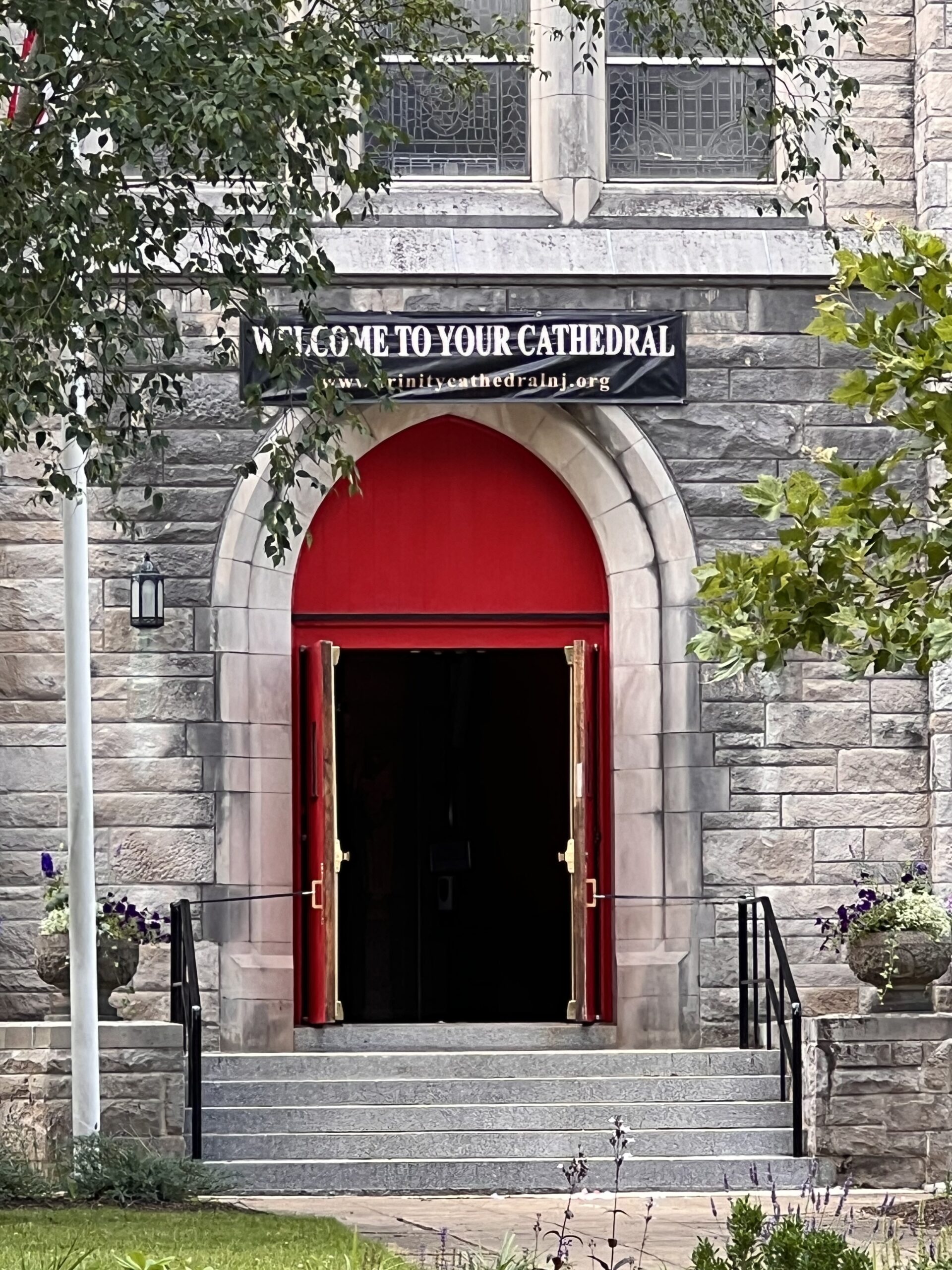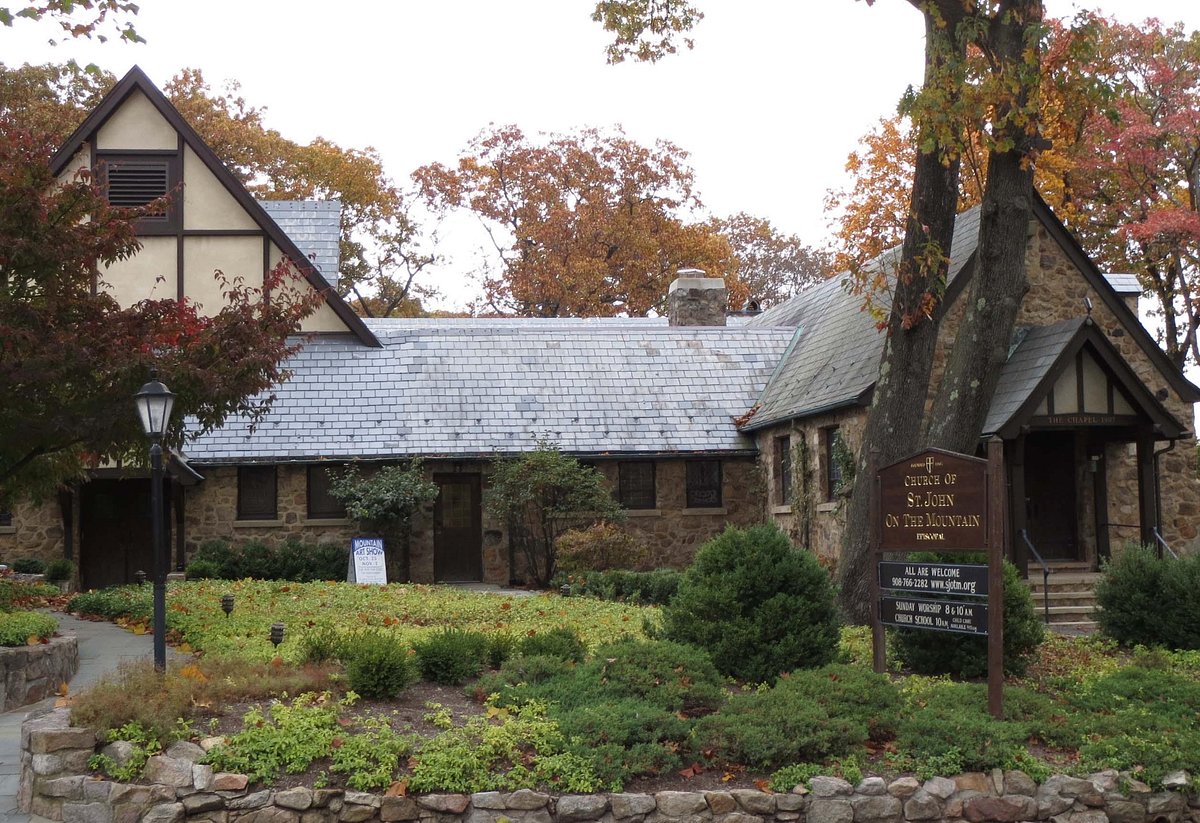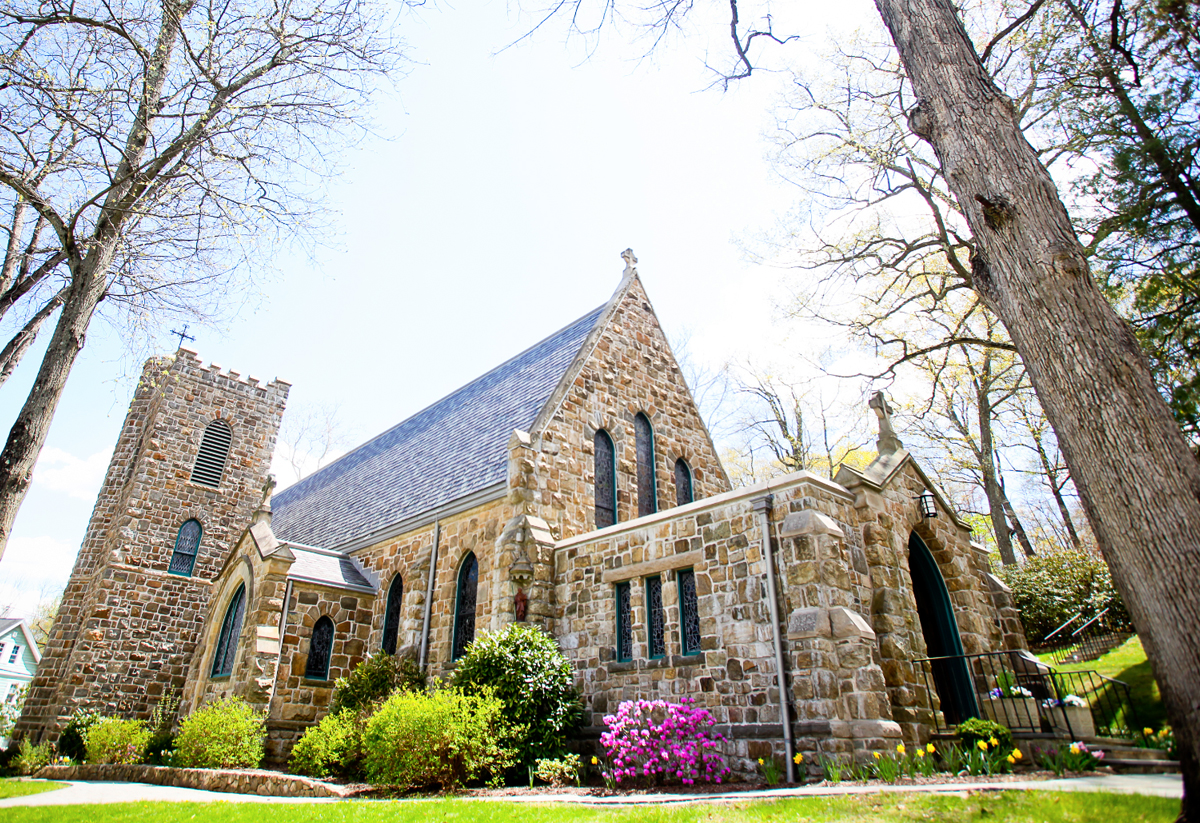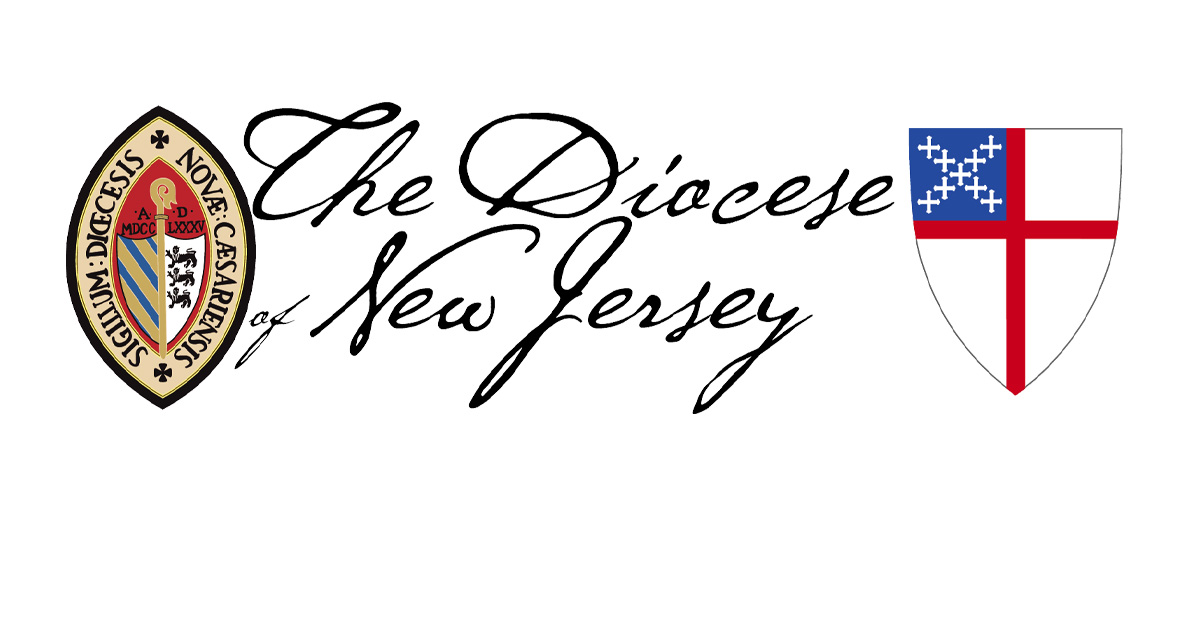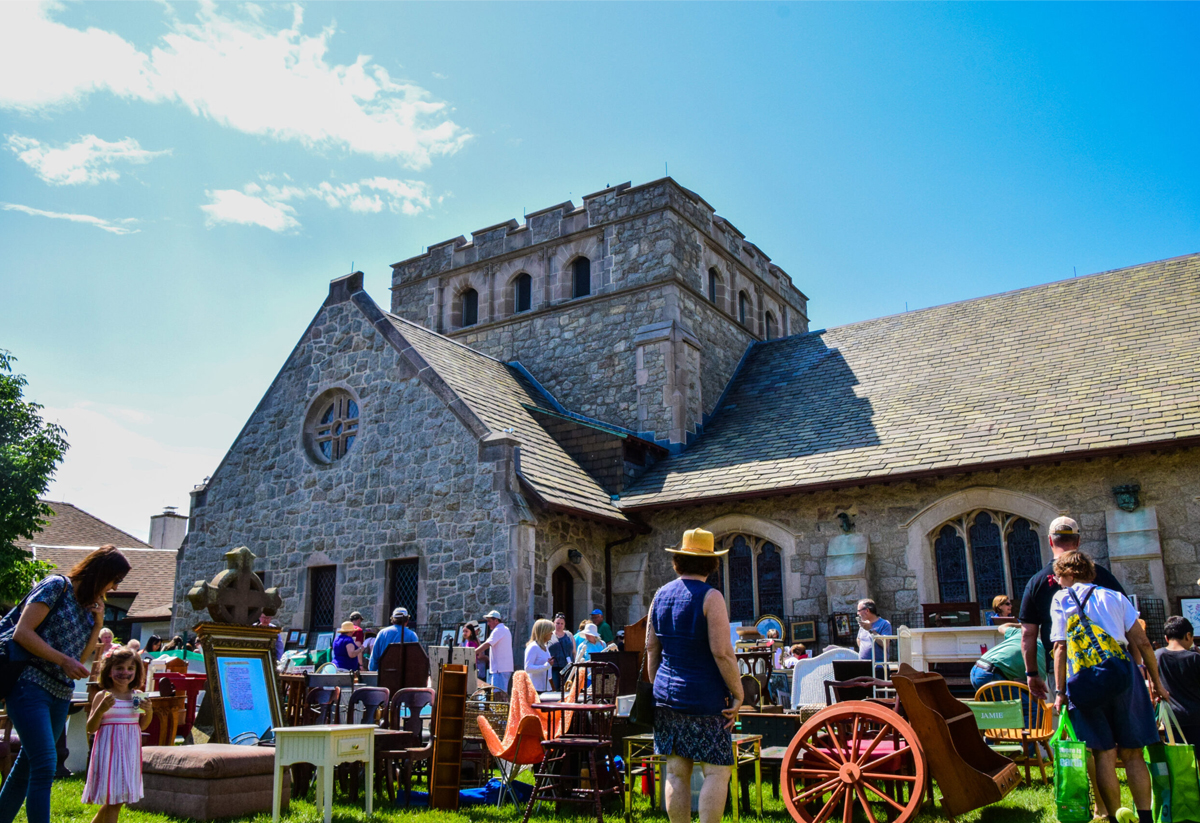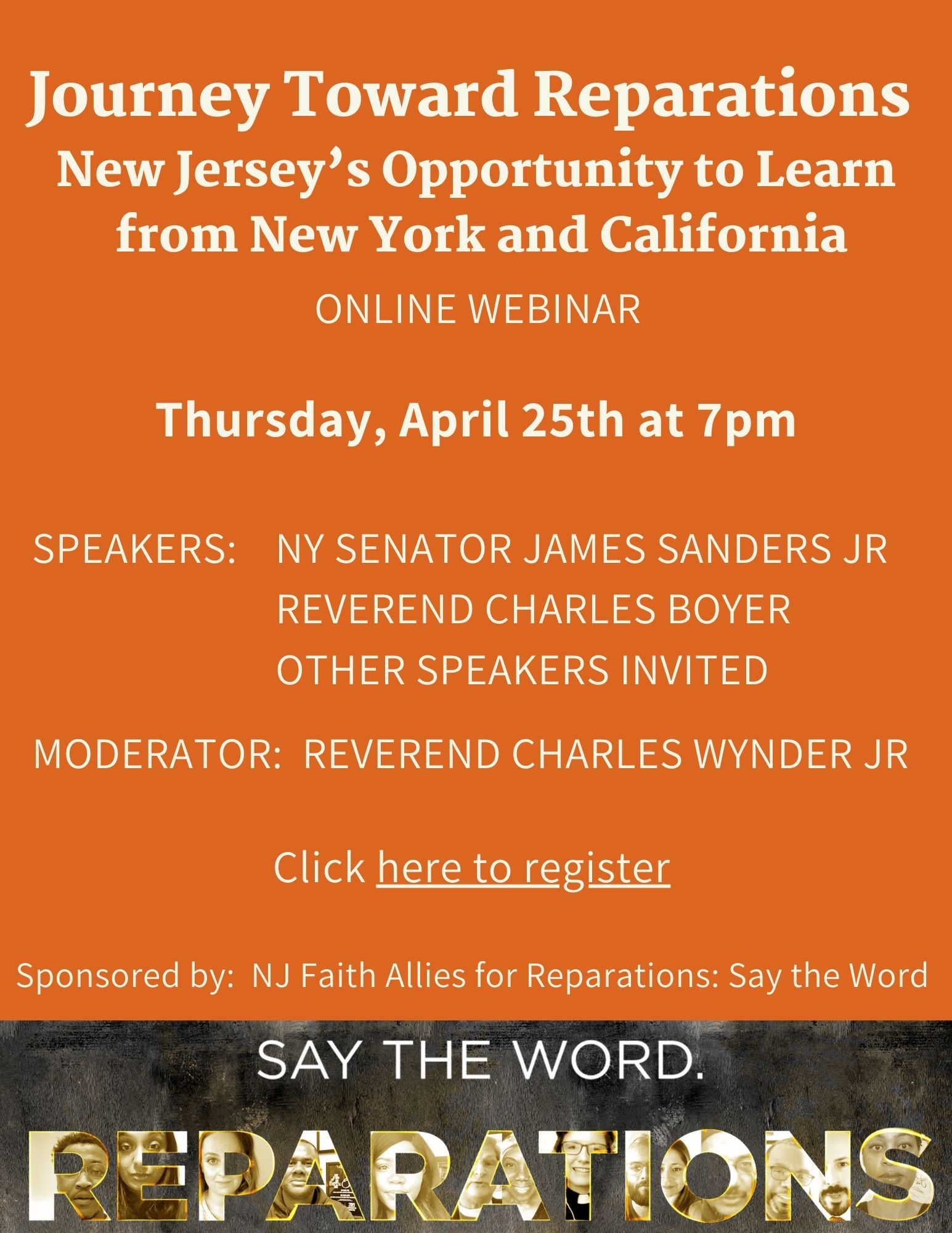Last year the diocesan Reparations Commission initiated a program of research to uncover the details of the history of slavery and racism within the diocese. Initial findings were reported at the Diocesan Convention in March 2023 and they are stark:
- Anglicans and the Anglican Church (and later Episcopalians and the Episcopal Church) were fully involved in the enslavement of Black people in colonial and antebellum New Jersey.
- The church and its laity worked to create a legal establishment of slavery in the state.
- Many of the priests, bishops, and laity sought to, and did, benefit financially from slavery.
- Their churchly attentions to enslaved Black people were limited and largely for self-interested reasons. Few influential New Jersey Anglicans Episcopalians fully opposed slavery.
- All colonial-era churches, and most if not all antebellum churches in the diocese, were established through the use of funds connected directly to slavery.
The Commission organized a Lenten worship service of repentance this past Spring involving several colonial and antebellum era parishes that had begun research on their history. Another service is planned for this coming Lent. In the meantime, the Commission is now shifting its research attention to the period following the Civil War and to the experiences of the Historically Black Churches in the diocese. Full reporting of findings thus far can be found at the website for the Diocese of New Jersey Racial Justice Review.
So How Can I Research My Church?
The process of research begins with questions. When was my church founded? Where did the money to found it come from? Who actually built it? How were the priests compensated? Who were the leadership and did they enslave people? Did my church have segregated seating, or a segregated Sunday school? Was the founding a result of “White flight?” Were church members part of the KKK? Did they work to prevent the integration of schools or construction of affordable housing? Start asking the questions! Matching up parish records with publicly available information related to enslavement and racism takes effort, but is part of the necessary work of reckoning with the history of the Church.
And How is This Good News?
Uncovering and documenting this history is actually good news even as it may also be upsetting. It is good to discover unsettling truths because then we can deal with them as they deserve. Only by knowing the history can we repent of “the evil we have done, and the evil done on our behalf.” If we never know what happened, we can’t successfully work to make it right. Further, the public disclosure and admission of wrongs done is clearly good news for those who have been harmed and we need to stop pretending that those who have been harmed for generations don’t have a right to that good news.
Next Steps
If you or your church is seeking to know more about this history, or about your own history particularly, the Commission would like to support you in this journey. We are happy to visit your church to present findings, facilitate discussion, or resource your research. Please reach out to me as the Commission historian with inquiries. We are on the journey toward reparations together.
Jolyon G. R. Pruszinski, M.Div., Ph.D.
Reparations Commission Research Historian
Episcopal Diocese of New Jersey
Initial Findings of the Diocese of New Jersey Racial Justice Review
Dr. Jolyon Pruszinski summarizes initial findings from the Episcopal Diocese of New Jersey Racial Justice Review, a historical self-study sponsored by the Diocesan Reparations Commission. Report submitted to the 2023 Diocesan Convention. See our Web site for more details.
Stations of Reparations Service
The Diocese of New Jersey, St. Peter’s Church, Freehold, and the Colonial Parishes of the Diocese present a Liturgy of Stations of Reparations on Saturday, March 25 at St. Peter’s Episcopal Church in Freehold. In the context of Scripture, prayer, and song, we hear stories related to colonial-era participation in enslavement by clergy and lay leaders in Anglican parishes that are now part of the Episcopal Diocese of New Jersey.


